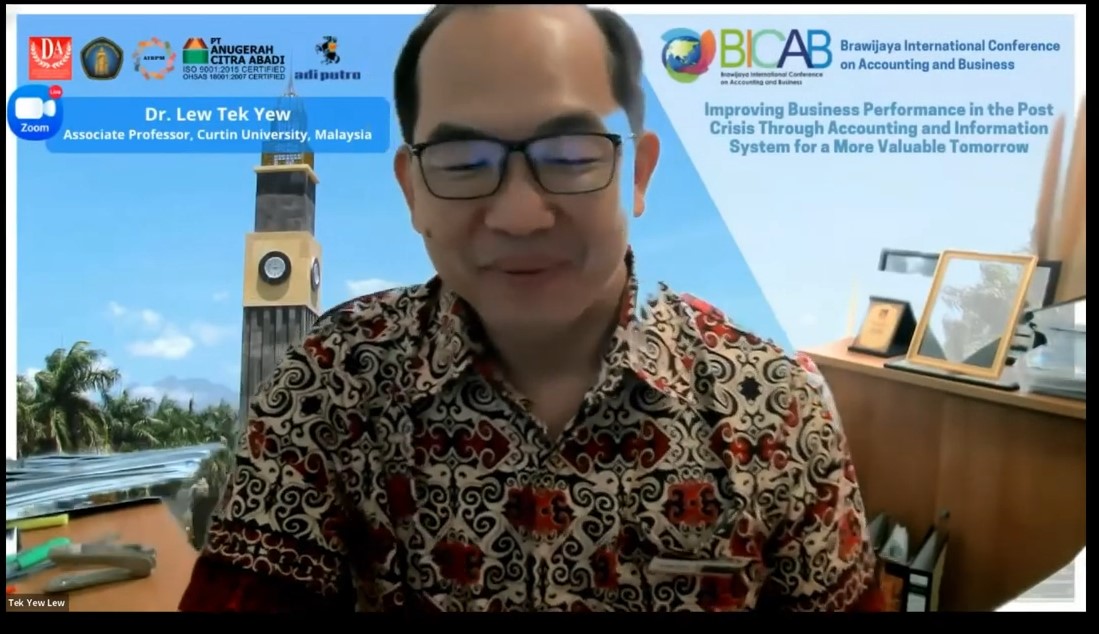The Roles of HRM Practice in Developing Positive Psychology in Organizations
-
Introduction
- Speaker thanks the organizers of the conference.
- Transition from supply chain management to human resource management (HRM) and positive psychology.
- Target audience includes PhD candidates, management candidates, and academics.
-
Positive Psychology Framework
- Developed a framework based on literature.
- Focus on positive psychology, positive organizational behavior (OB), and HRM's role in fostering positive psychology.
-
Levels of Positive Psychology
- Subjective Experience: Employees' positive feelings about their work.
- Individual Level: Development of positive individual traits (e.g., confidence, courage).
- Group Level: Focus on organizational strengths and civic virtues.
-
HRM Interventions
- Can be one-off or structural; structural is preferred for long-term impact.
- Emphasis on fostering positive subjective experiences and psychological capital (self-efficacy, optimism, resilience).
-
Positive Organizational Behavior (OB)
- Focus on positively oriented HR strengths and psychological capabilities.
- Introduction of the HERO model: Hope, Efficacy, Resilience, Optimism.
-
HRM Roles to Facilitate Positive Psychology
- Job Crafting: Allowing employees to design their own jobs based on strengths.
- Mindfulness-Based Interventions: Encouraging present-moment awareness to enhance well-being.
-
Theoretical Frameworks
- Job Demands-Resources (JDR) Theory: Balancing job demands with job resources to prevent burnout.
- Conservation of Resources (COR) Theory: Individuals strive to obtain and protect valued resources; resource loss is more impactful than gain.
- Broaden-and-Build Theory: Positive emotions broaden thinking and behavior, leading to increased creativity and resilience.
-
Conclusion
- Importance of HRM in fostering positive psychology and well-being in organizations.
- Acknowledgment of the audience and closing remarks.

